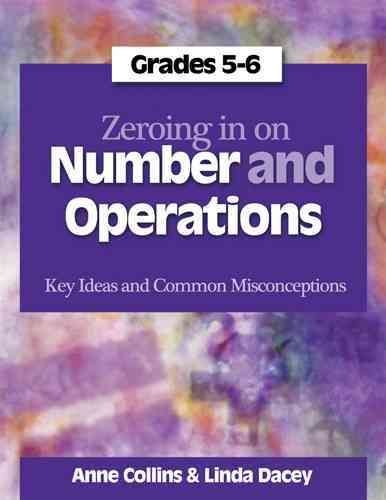Financial econometrics is a great success story in economics. Econometrics uses data and statistical inference methods, together with structural and descriptive modeling, to address rigorous economic problems. Its development within the world of finance is quite recent and has been paralleled by a fast expansion of financial markets and an increasing variety and complexity of financial products. This has fueled the demand for people with advanced econometrics skills. For professionals and advanced graduate students pursuing greater expertise in econometric modeling, this is a superb guide to the field’s frontier. With the goal of providing information that is absolutely up-to-date-essential in today’s rapidly evolving financial environment-Gourieroux and Jasiak focus on methods related to foregoing research and those modeling techniques that seem relevant to future advances. They present a balanced synthesis of financial theory and statistical methodology. Recognizing that any model is necessarily a simplified image of reality and that econometric methods must be adapted and applied on a case-by-case basis, the authors employ a wide variety of data sampled at frequencies ranging from intraday to monthly. These data comprise time series representing both the European and North American markets for stocks, bonds, and foreign currencies. Practitioners are encouraged to keep a critical eye and are armed with graphical diagnostics to eradicate misspecification errors. This authoritative, state-of-the-art reference text is ideal for upper-level graduate students, researchers, and professionals seeking to update their skills and gain greater facility in using econometric models. All will benefit from the emphasis on practical aspects of financial modeling and statistical inference. Doctoral candidates will appreciate the inclusion of detailed mathematical derivations of the deeper results as well as the more advanced problems concerning high-frequency data and risk control. By establishing a link between practical questions and the answers provided by financial and statistical theory, the book also addresses the needs of applied researchers employed by financial institutions.












